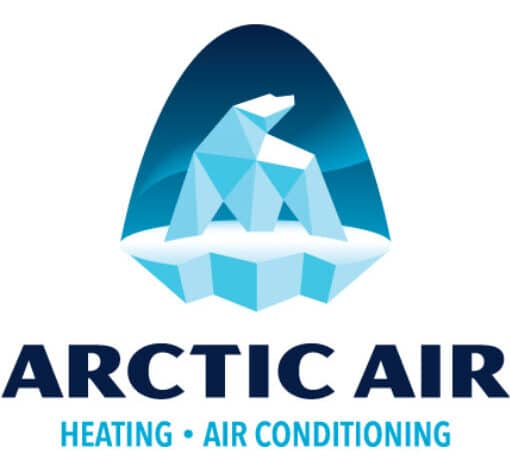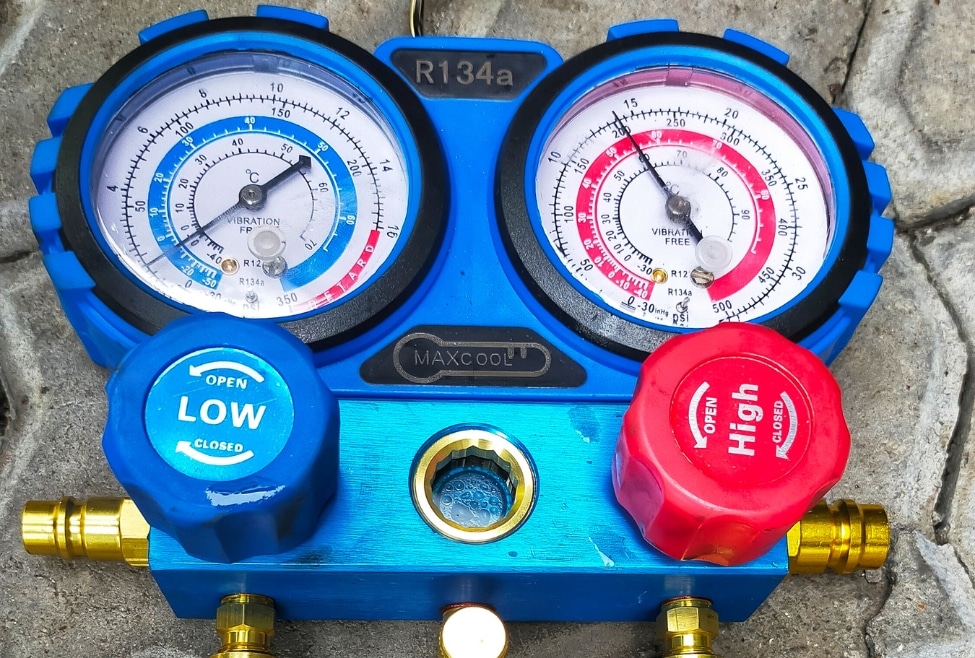How Toxic Is a Refrigerant Leak?
What Homeowners Need to Know
Refrigerant plays a critical role in your air conditioning system by absorbing and releasing heat to keep your home cool. But what happens when there’s a leak? How toxic is a refrigerant leak? And what should you do about it?
Let’s break down the risks, symptoms, and solutions—especially for homeowners in Palmdale, Lancaster, Quartz Hill, Rosamond, Acton, and Tehachapi.
What Is Refrigerant and Why Does It Matter?
Refrigerant is a chemical compound used in AC systems to transfer heat. Modern units typically use R-410A, while older systems might use R-22 (Freon). While these substances aren’t immediately deadly in small doses, a leak can still pose serious risks to your health and your HVAC system.
If you notice weak airflow, warm air from vents, or hissing sounds, it could mean your AC is leaking refrigerant. That’s a sign it’s time to look into air conditioning repair services from a qualified technician.
How Toxic Is a Refrigerant Leak?
The short answer: Refrigerant leaks can be harmful but are rarely fatal unless exposure is prolonged and in a poorly ventilated area.
Here are the main risks:
- Respiratory issues: Inhaling refrigerant fumes may lead to dizziness, nausea, headaches, or even asphyxiation in extreme cases.
- Skin and eye irritation: Direct contact can cause frostbite or chemical burns.
- Environmental damage: Some refrigerants can contribute to ozone depletion or greenhouse gas buildup.
If you suspect a leak, it’s best to leave the area and contact a licensed HVAC professional right away. Never try to fix a refrigerant issue yourself—it’s both illegal and unsafe.
Signs You May Have a Refrigerant Leak
Not sure what to look for? Common symptoms include:
- Warm air blowing instead of cool
- Ice buildup on the refrigerant line
- Higher-than-normal energy bills
- AC constantly running but never cooling effectively
These are all indicators that your system might need a refrigerant recharge or leak repair.
Can You Still Run Your AC With a Refrigerant Leak?
Technically, yes—but you really shouldn’t. Running your AC with low refrigerant puts a strain on the compressor and can lead to a full system breakdown. Instead, schedule prompt service to prevent costly damage.
What To Do If You Suspect a Leak
If you think your system has a leak:
- Turn off your AC immediately.
- Ventilate the area if the unit is indoors.
- Contact a certified HVAC technician, like those at Arctic Air, for professional diagnosis and repair.
For homeowners in Palmdale, Lancaster, Quartz Hill, Rosamond, Acton, and Tehachapi, we offer fast and reliable emergency HVAC services to keep your home safe and comfortable.
Need AC Repair or Refrigerant Leak Detection?
A refrigerant leak might not seem urgent at first, but ignoring it can risk your health, your AC system, and the environment. Whether you’re dealing with reduced cooling or suspect a leak, trust the experienced team at Arctic Air to handle it safely and quickly.
Schedule service with Arctic Air today—serving Palmdale, Littlerock, Quartz Hill, Rosamond, Mojave, and Tehachapi with expert care and honest pricing.
FAQs
Can a refrigerant leak make you sick?
Yes, prolonged exposure to a refrigerant leak—especially in an enclosed space—can lead to symptoms like dizziness, headaches, nausea, coughing, or even shortness of breath. While small leaks may not cause immediate harm, they can still lead to refrigerant poisoning with enough exposure. If you suspect a leak, it’s best to turn off your AC and contact a licensed HVAC technician right away.
Can I stay in my house with a refrigerant leak?
It depends on the severity and location of the leak. If the leak is outdoors or your space is well-ventilated, the risk is lower. However, in confined areas or if symptoms occur, it’s safer to ventilate your home and temporarily leave the area. Always call a certified HVAC professional like Arctic Air to inspect and repair the issue quickly.
What happens if you breathe in a little Freon?
Breathing in even a small amount of Freon or other refrigerants can irritate your lungs and may cause lightheadedness, headaches, or nausea. Higher concentrations can lead to more serious symptoms, including irregular heartbeat or fainting. Seek fresh air immediately and consult a medical professional if symptoms persist.
Can a Freon leak from a refrigerator hurt you?
Yes, Freon leaks from refrigerators can be harmful if you’re exposed to concentrated fumes in an enclosed space. The effects can be similar to an AC refrigerant leak—dizziness, nausea, or breathing difficulties. Although modern refrigerators use less harmful refrigerants, it’s important to have any suspected leaks inspected and repaired by a qualified technician.
How do I know if I have refrigerant poisoning?
Symptoms of refrigerant poisoning may include nausea, vomiting, headaches, confusion, dizziness, and difficulty breathing. In severe cases, it can lead to loss of consciousness. If you suspect refrigerant poisoning, seek immediate medical attention and call an HVAC professional to address the leak in your system.
Need help with a refrigerant leak or AC issue?
Schedule a service with Arctic Air today—trusted in Palmdale, Lancaster, Quartz Hill, Rosamond, Littlerock, and Mojave for reliable AC repair and leak detection.


